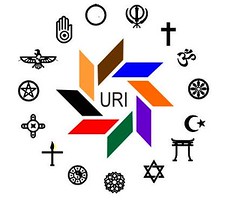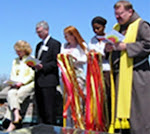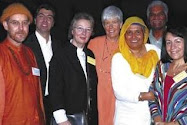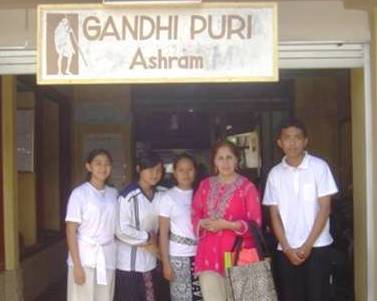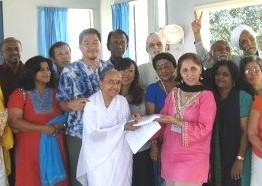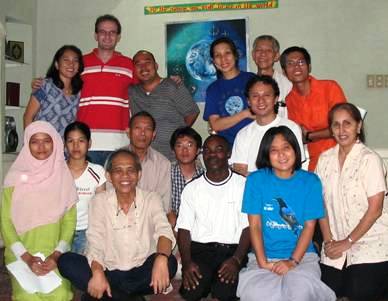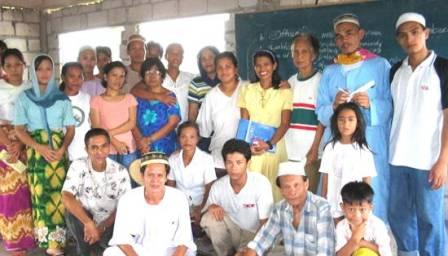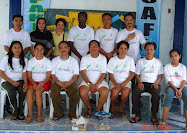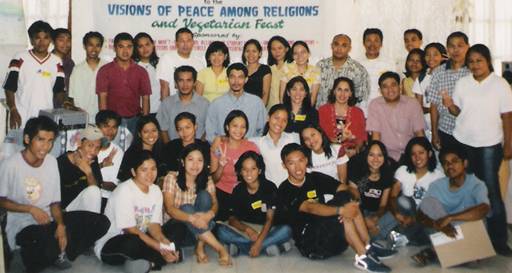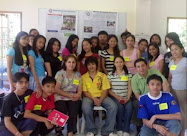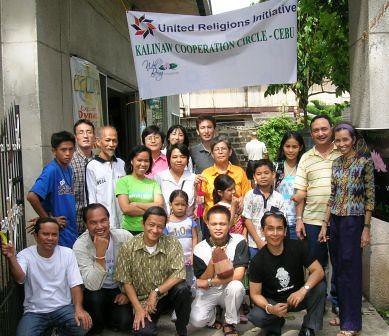 This is an interview section with practitioners of interfaith dialogue. In this issue, we feature Mr. Ludwig Bon Quirog, a non-denominational Christian from Bohol Island, Philippines. He is the youth leader of one the newest cooperation circles in the region, the TULAY CC
This is an interview section with practitioners of interfaith dialogue. In this issue, we feature Mr. Ludwig Bon Quirog, a non-denominational Christian from Bohol Island, Philippines. He is the youth leader of one the newest cooperation circles in the region, the TULAY CC TCC: What are your experiences in interfaith dialogue?
Ludwig: I've had quite a few experiences in the context of interfaith dialogue. My first official one was when I attended a VPAR (Visions of Peace Among Religions) workshop with Tita Marites Africa and Dr. Shakun Vaswani as our speakers; and then our subsequent youth interfaith meetings (up to such time when we were able to form the TULAY-CC and several times after). But then again, when I was very young, my dad would introduce me to some of his friends who were of different faith traditions. Most of whom were foreign and some (although not all) were missionaries. They would talk to us about their faiths and I would be sitting down with all ears while my mom & dad exchanged words with him/her. What I particularly liked about those conversations was the fact that they never tried to convert us; they told us about them so we'd be aware and so we'd understand not because they wanted us to transfer or anything. This happened around five times with different people and I was around each time not because they told me so but because I was curious and I wanted to be a part of what was going on.
TCC: What are teachings from your faith or some or your personal insights that inspire you to engage in interfaith dialogue?
TCC: How has the practice of interfaith dialogue enriched you?
TCC: What message would you like to convey to the readers about interfaith dialogue?
